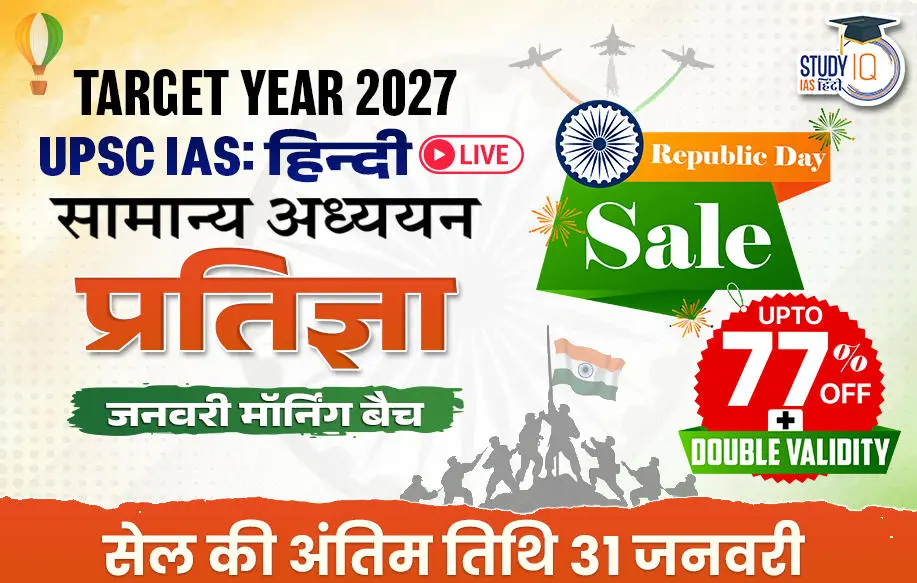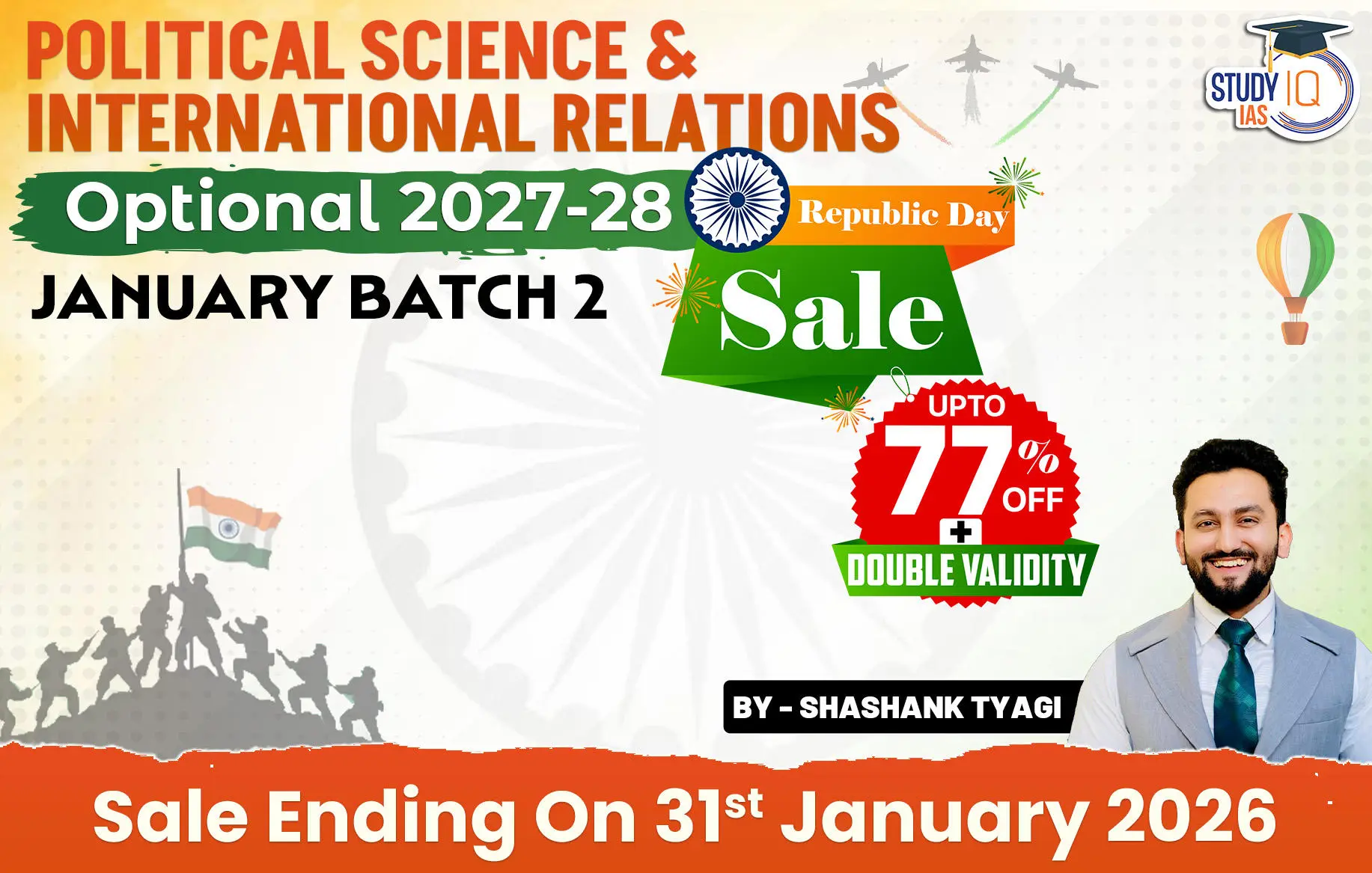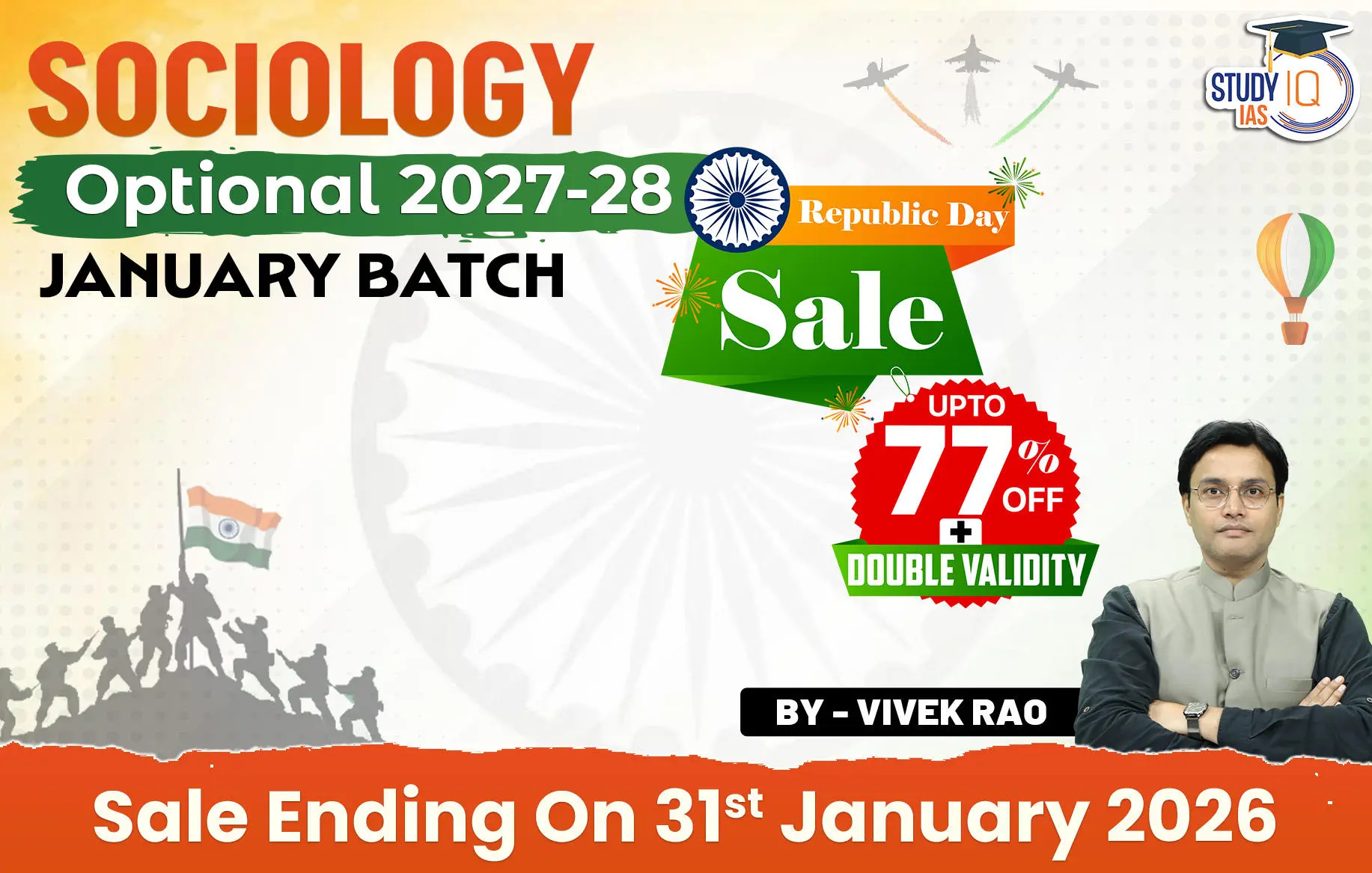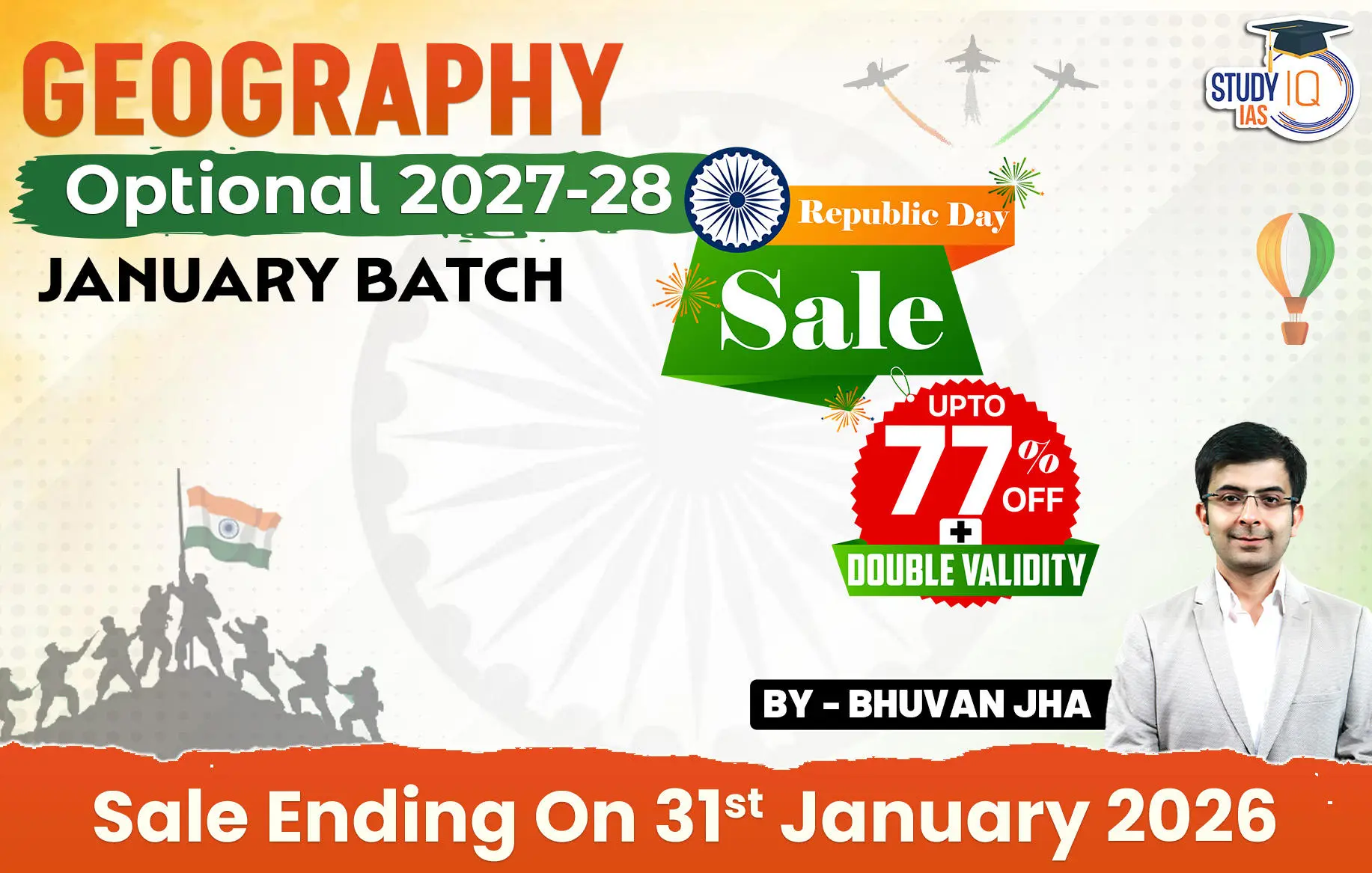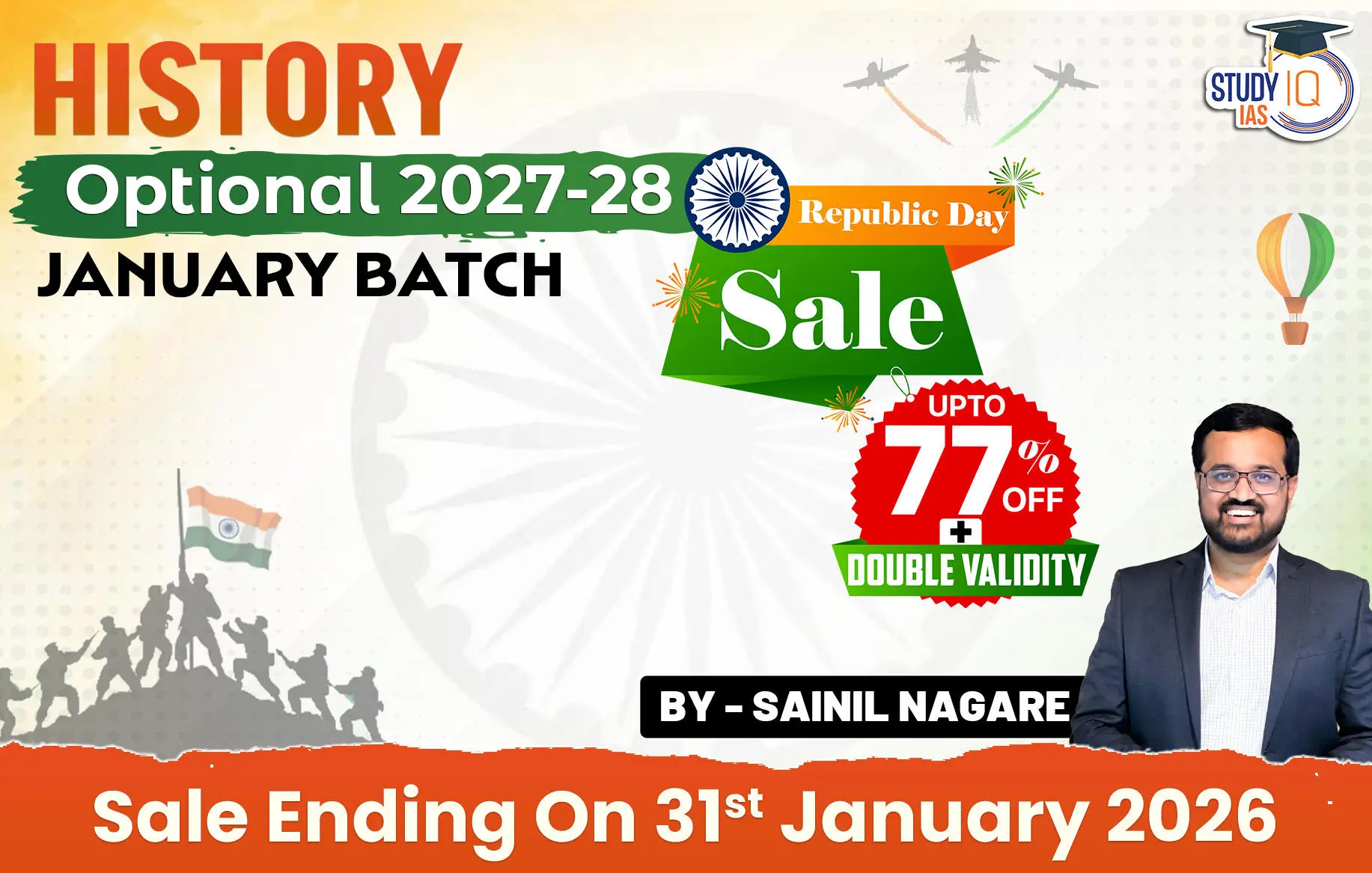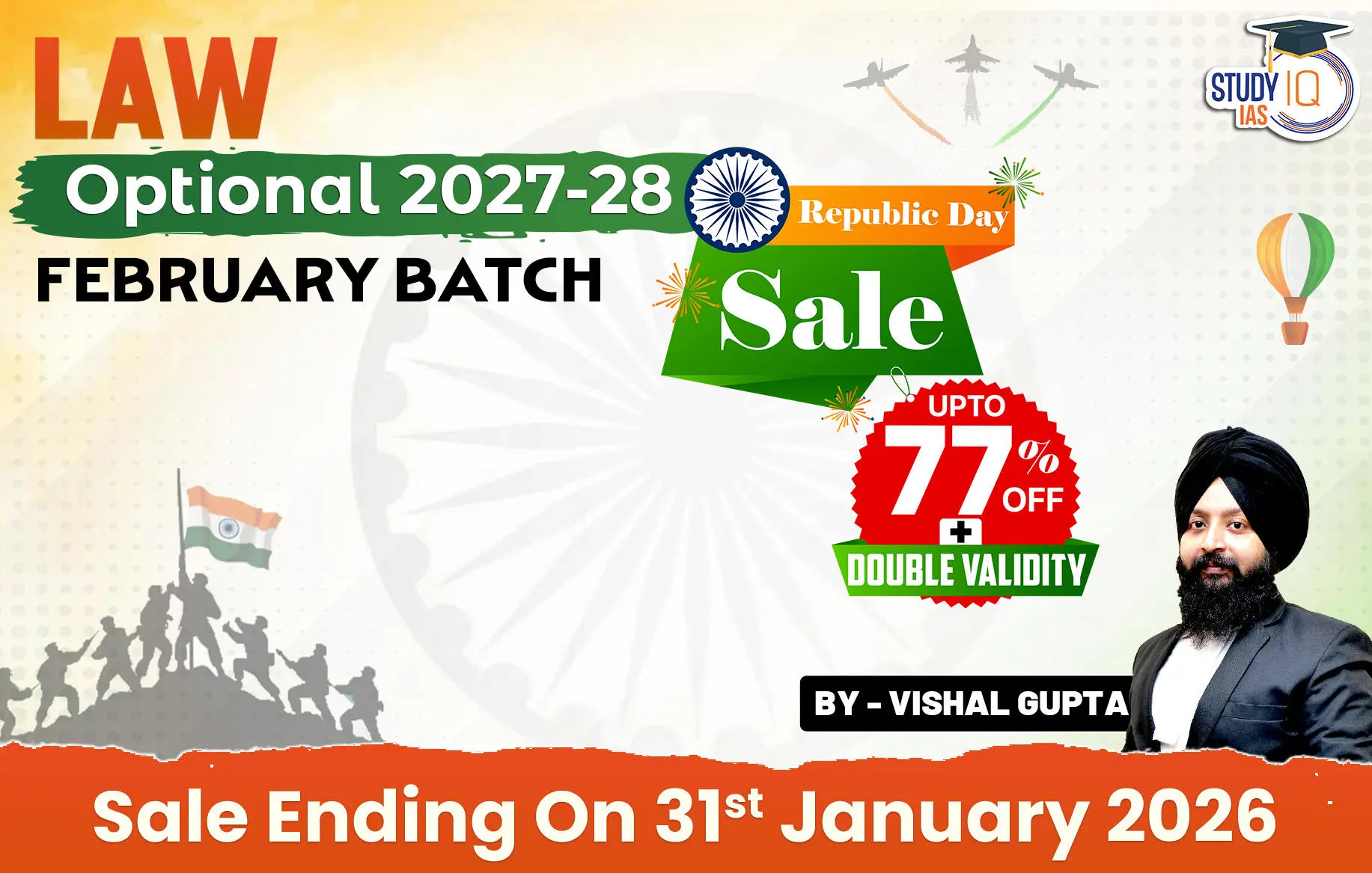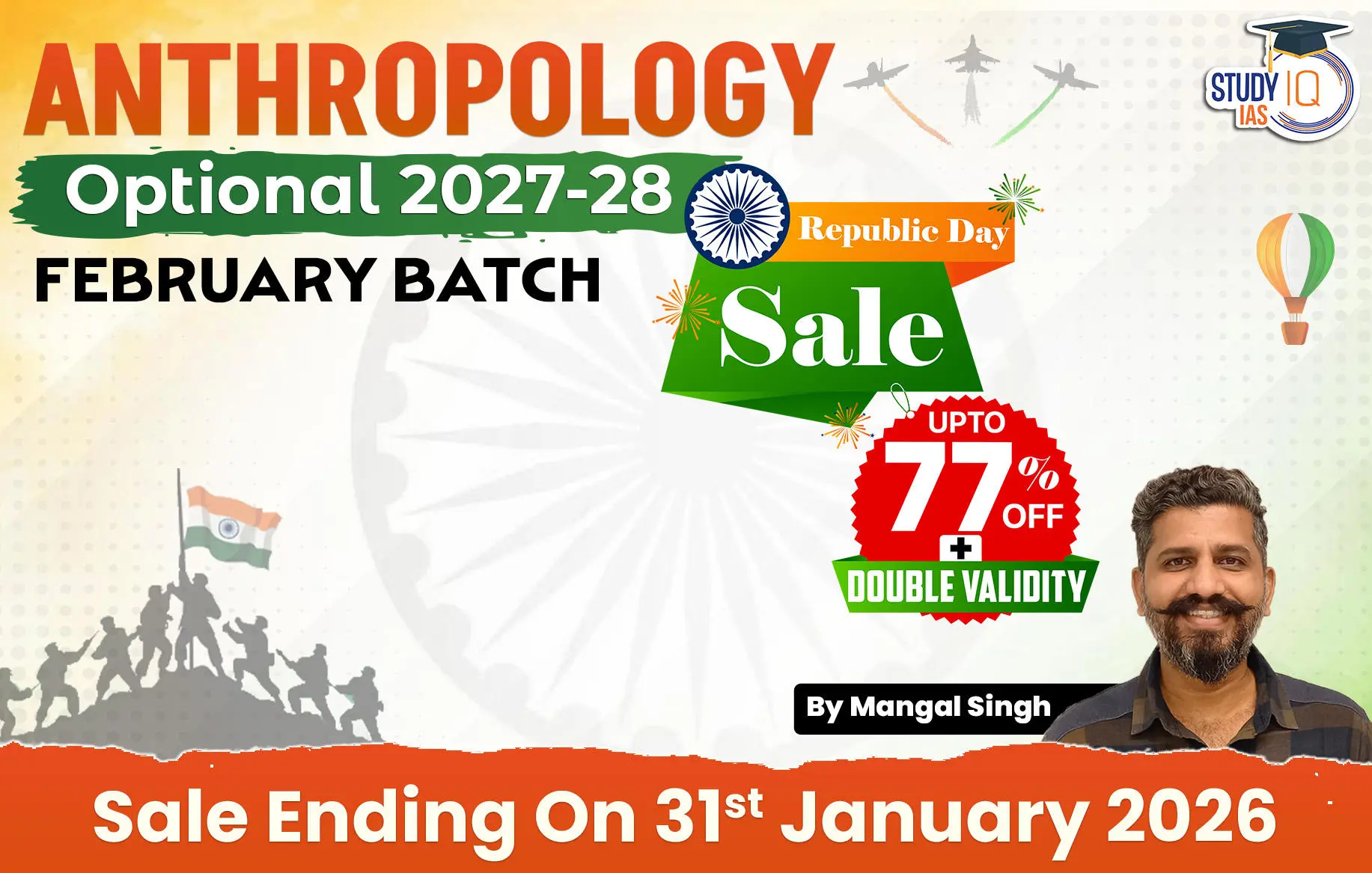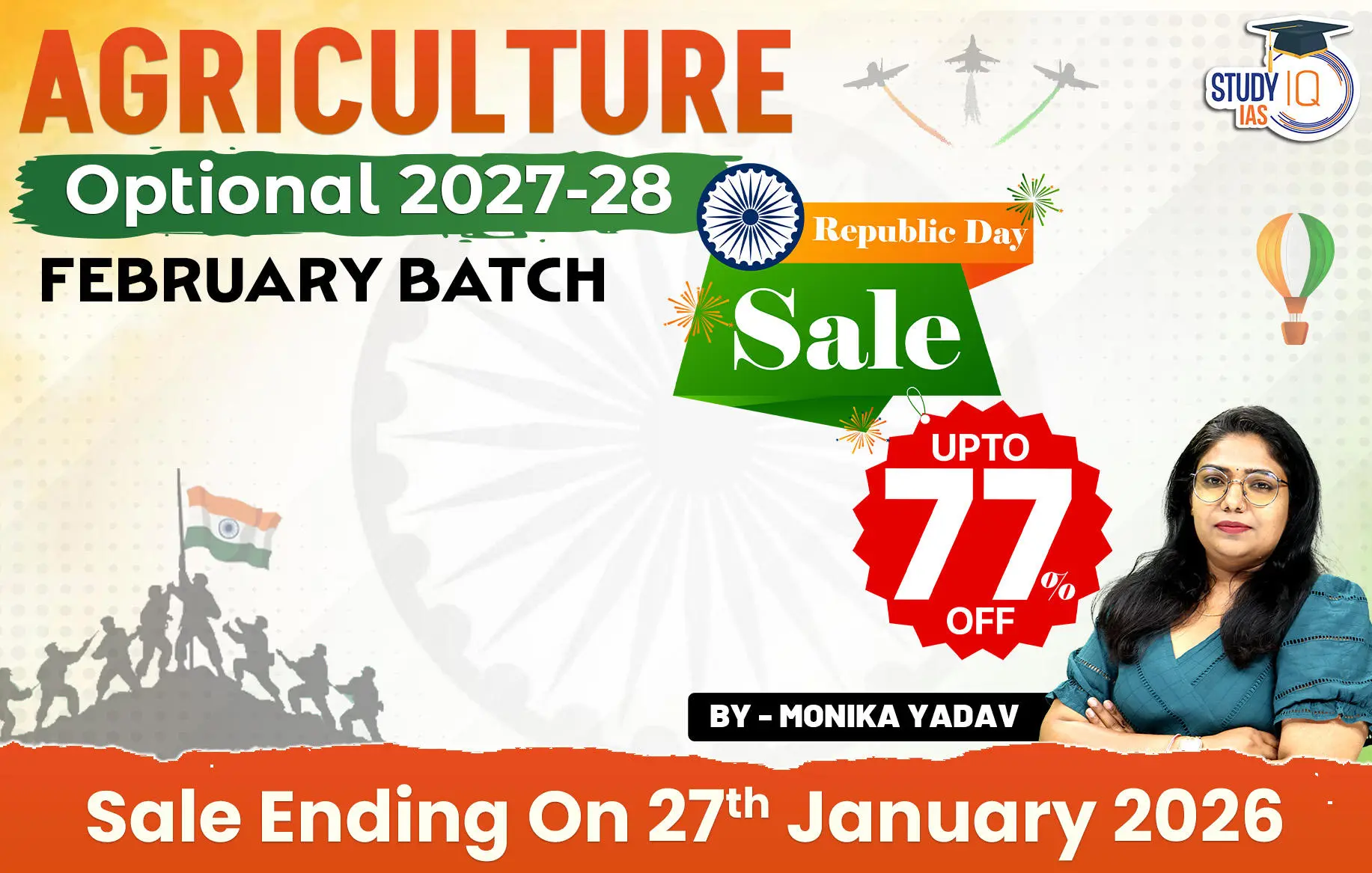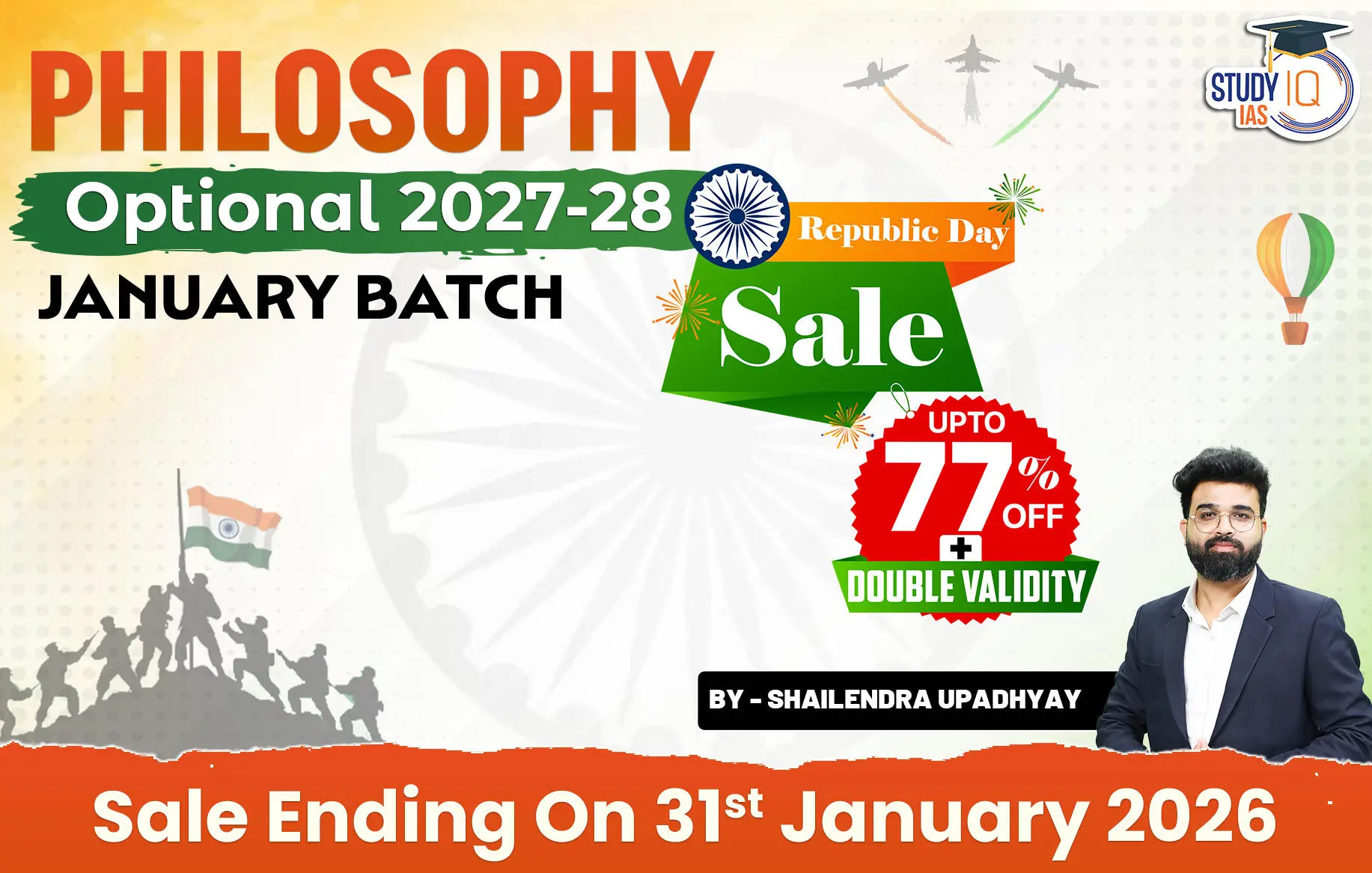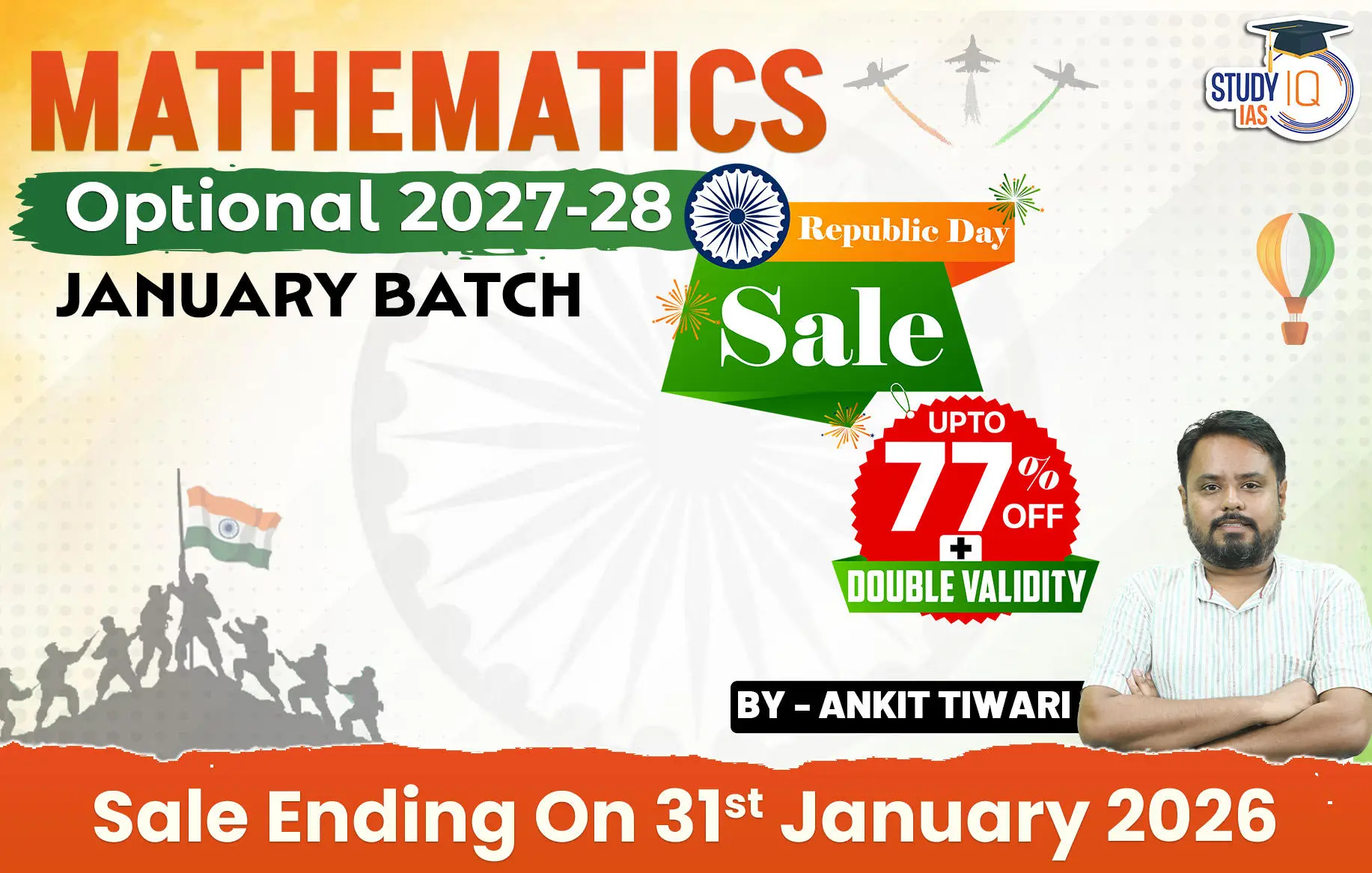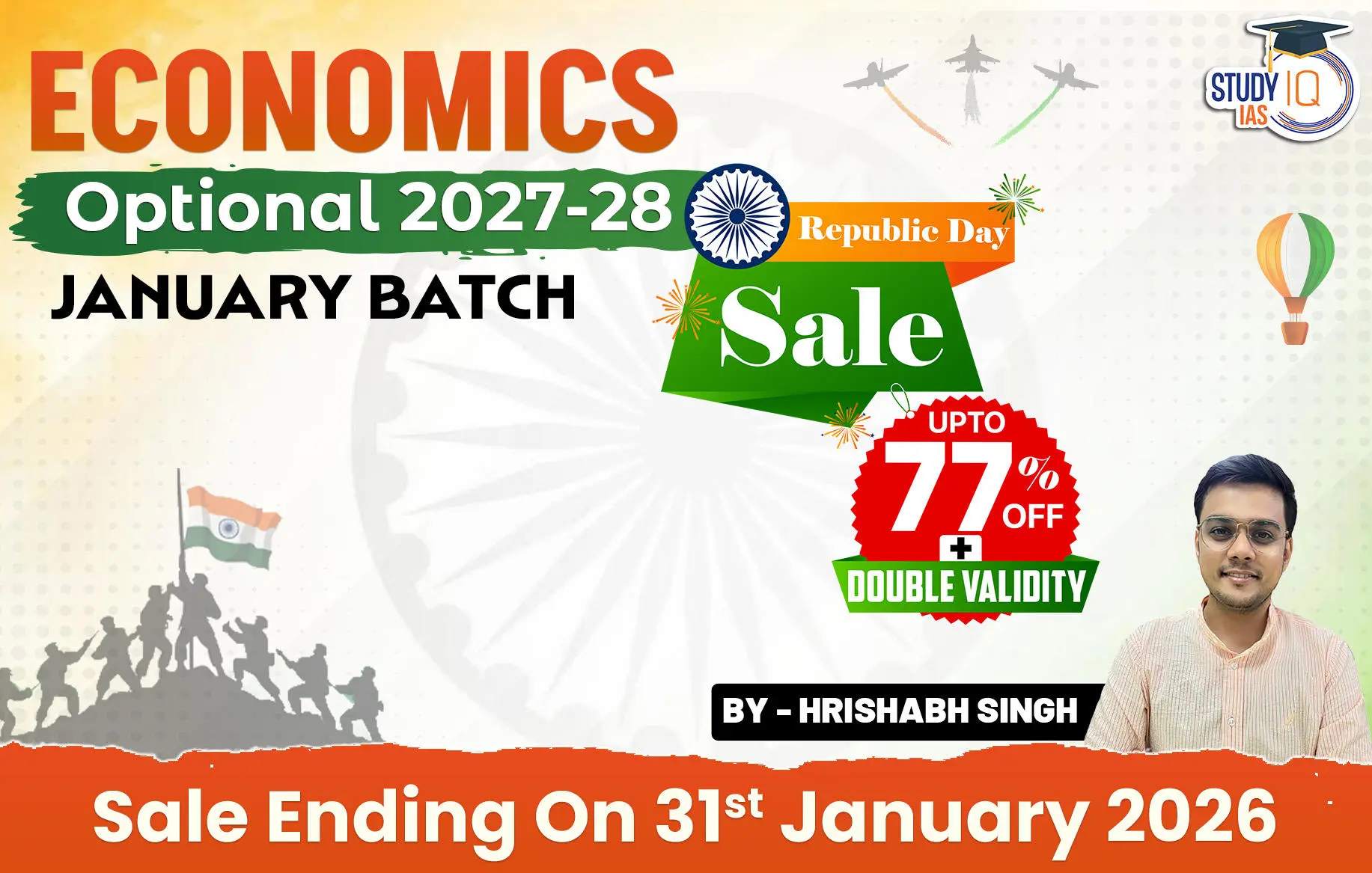Table of Contents
Context: Recently, Iran’s Foreign Minister Abbas Araghchi and US Special Envoy Steve Witkoff held indirect talks in Muscat (Oman).
US-Iran Nuclear Talks: Why Is Iran Willing to Talk Now?
Generational Shift in Iran
- The average Iranian is 32 years old. Younger generations have not experienced the 1979 Islamic Revolution, the Iran-Iraq War, or the 1989 leadership transition.
- They are more concerned about jobs and the economy than ideology.
Economic Pressure
- Iran is facing double-digit inflation and high unemployment.
- Eg. Iran’s currency Rial has depreciated to an all-time low of over 1 million rials per US dollar.
- The government sees foreign investment as necessary for survival.
- Eg. In August 2024, President Masoud Pezeshkian said Iran needs $100 billion in foreign investment.
Shift in Domestic Politics
- Reformists are pushing for a deal to get sanctions relief.
- Conservatives, despite their majority in Parliament, are not obstructing negotiations.
- For example, Supreme Leader Khamenei (85 years old) is seen as open to deals that would maintain regime stability.
Shifting Geopolitics
- Weakened ‘Axis of Resistance’:
- Iran’s regional influence via its “Axis of Resistance” (Hezbollah, Houthis, etc.) is weakened.
- Changing Arab Views:
- Countries like Saudi Arabia, which earlier opposed the 2015 deal, now support a negotiated solution and economic engagement with Iran.
- Russia’s Changing Stance:
- Russia, although it supported Tehran’s nuclear stance post-Ukraine war, is now reiterating support for a deal.
The Iran-Trump Equation: From Hostility to Pragmatism
History of Talks
- Iran has negotiated with the E3 (France, Germany, UK) since 2003 and with the US since 2013.
- These talks often happen while the US increases military threats to gain leverage.
Impact of Trump’s 2018 Withdrawal
- Trump pulled out of the 2015 JCPOA nuclear deal.
- Iran responded with:
- Greater uranium enrichment (up to 60%)
- A “no war, no talks” stance was announced by Khamenei in 2018.
- Iran’s distrust of the US intensified after the assassination of Gen. Qassem Soleimani in Jan 2020.
- Despite this, Iran didn’t fully abandon diplomacy, keeping room open for talks.
| Joint Comprehensive Plan of Action (JCPOA) – 2015 |
|
Strategic Patience
- Iran avoided formally rejoining the JCPOA under Biden (2021–22 Vienna talks).
- This approach has allowed it to negotiate a new deal under Trump, giving him a chance to claim success.
What’s Likely Next?
Shared Goals
- US wants: Iran’s nuclear disarmament.
- Iran wants: Sanctions relief and economic engagement.
Iran’s Religious Position
- Supreme Leader Khamenei’s fatwa prohibits nuclear weapons.
- Iran maintains that nuclear enrichment is defensive, not offensive.
Potential Roadblocks
- Trump may demand more than just disarmament:
- Curtailment of Iran’s ballistic missile program
- Ending support to proxy groups (Houthis, Hezbollah)
Israel
- Israel wants a full stop to Iran’s nuclear activity. Netanyahu favours a military option over diplomacy.
- However, if Arab states support Iran during Trump’s upcoming regional visit, Netanyahu’s ability to block a deal may weaken.
Can the Deal Happen
- Khamenei has given Araghchi full authority to negotiate.
- Blueprint from 2015 (JCPOA) still exists; it can be updated quickly.

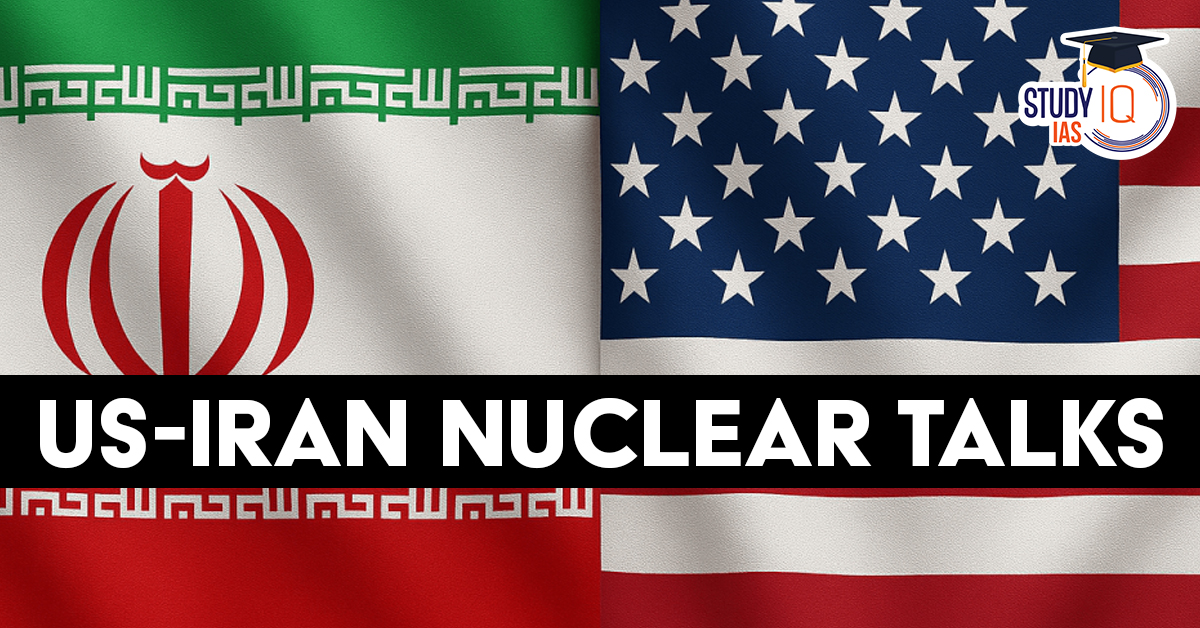
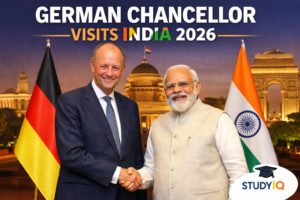 German Chancellor Visit to India in 2026...
German Chancellor Visit to India in 2026...
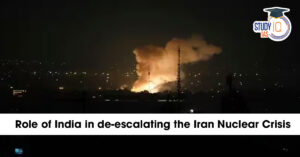 Iran Nuclear Crisis and India’s Role f...
Iran Nuclear Crisis and India’s Role f...
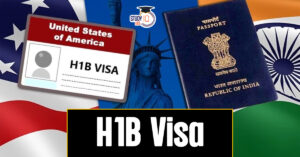 H1B Visa Program, Beneficiaries, Eligibi...
H1B Visa Program, Beneficiaries, Eligibi...


